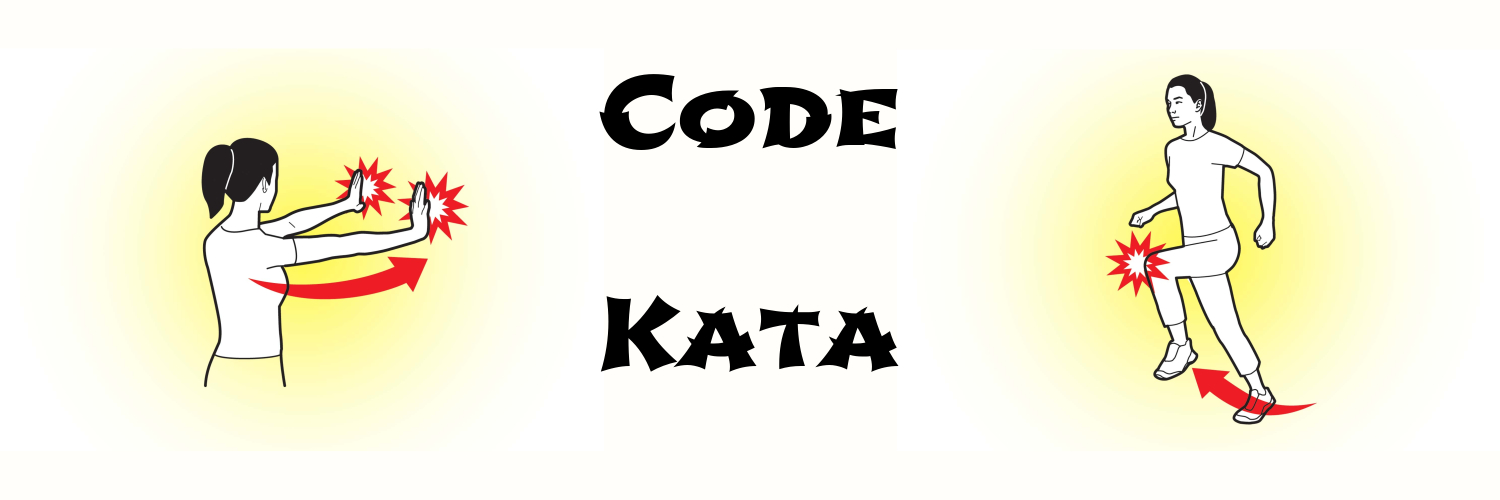programming kata

Problem Implement take-nth.
Solutions Solution 1 (defn my-take-nth [n col] (loop [i 0 result []] (if (= i (count col)) result (if (= 0 (mod i n)) (recur (inc i) (conj result (nth col i))) (recur (inc i) result))))) solution 2 (defn my-take-nth2 [n col] (->> col (map-indexed (fn [i x] [i x])) (filter (fn [[i x]] (= 0 (mod i 2)))) (mapv (fn [[i x]] x))))

Problem Trolls are attacking your comment section!
A common way to deal with this situation is to remove all of the vowels from the trolls' comments, neutralizing the threat.
Your task is to write a function that takes a string and return a new string with all vowels removed.
For example, the string “This website is for losers LOL!” would become “Ths wbst s fr lsrs LL!”.
Solution Solution 1 (defn disemvowel [string] (reduce (fn [result next] (if (#{\A \E \I \O \U \a \e \i \o \u} next) result (str result next))) "" string)) Solution 2 (defn disemvowel [string] (apply str (remove (set "AEIOUaeiou") string)))

Problem: Write a function to calculate fibonacci number in constant space complexity.
(defn fib [n] (loop [a 0 b 1 i n] (if (= 0 i) a (recur b (+ a b) (dec i)))))

From today, I will practice one programming kata per day and post the content here.
Here goes the first one:
My friend John likes to go to the cinema. He can choose between system A and system B.
System A : buy a ticket (15 dollars) every time
System B : buy a card (500 dollars) and every time buy a ticket the price of which is 0.
I suck at algorithms, even though I have a Machine Learning and Algorithms master degree. It makes me frown everytime in coding interviews. So I decided to practice more often, hope that I can get better at it. At least not afraid of it. Now this is the first one.
Problem Rotate a square matrix clockwise concentrically by 1. For example:
1 2 3 4 5 6 7 8 9 will become

